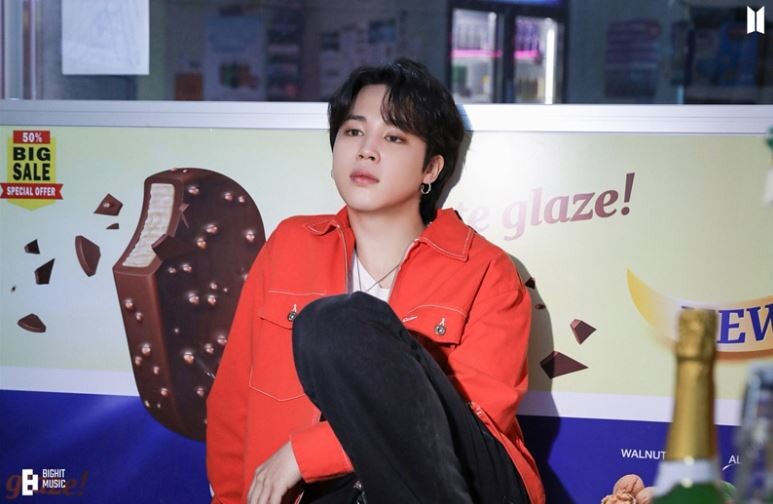Jimin Reclaims the Brand Throne
Jimin of BTS has secured the No. 1 spot in October 2025’s individual male K-pop idol brand-reputation rankings, compiled by the Korea Brand Reputation Research Institute. Surveying data from 18 September to 18 October across 755 active male idols, the institute measured consumer engagement, media activity, communication and community response. The results placed Jimin at the top, followed by BTS member Jin in second and G‑Dragon of BIGBANG in third. allkpop+2X (formerly Twitter)+2
The achievement reinforces Jimin’s enduring appeal and the brand power of BTS members, even in a period of group hiatus and individual activity. His continued presence at the top of rankings signals both market strength and sustained fan-community momentum.
RM’s Donation Transparency Under Fire
Meanwhile, BTS leader RM has come under public scrutiny over a reported donation of ₩100 million (approximately US$75 000) which, according to official records, the relevant ministry has no record of receiving. The Times of India+1
The incident raises two issues: the accountability systems around celebrity philanthropy and the reputational risk for global stars whose public benevolence becomes ambiguous. RM issued a statement reiterating his “commitment to contributing to society” and requesting due resolution—but the gap between intention, execution and public record remains a flashpoint.
Strategic Implications for K-pop Industry
Together, these stories illustrate key currents in K-pop’s evolving ecosystem:
Brand value remains vital. Jimin’s top ranking underscores how individual star power translates into marketing, sponsorships and global presence—especially for members of legacy groups like BTS.
Transparency matters. Philanthropy has become part of idols’ brand narratives. When execution becomes unclear, it threatens both brand equity and fan trust.
Group vs. individual dynamics. As BTS prepares for a full group reconvening, individual metrics—brand rankings, solo releases, social impact—serve as litmus tests for the group’s future collective stage.
Global cultural export stakes. K-pop is not merely entertainment—it’s a major pillar of South Korea’s soft-power strategy. How stars conduct themselves domestically impacts perceptions abroad.
What to Watch
Over the next months, two areas merit attention:
Will BTS’ group comeback be accompanied by coordinated brand campaigns validating individual reputations (such as Jimin’s) and collective strength?
Will RM’s donation matter trigger reforms in how idols’ charitable commitments are tracked, audited and communicated formally?
As the K-pop industry accelerates into its next global phase, it’s clear: star branding and social responsibility are deeply intertwined—and both must be managed with rigor.
SayArt.net
Kang In sig insig6622@naver.com









